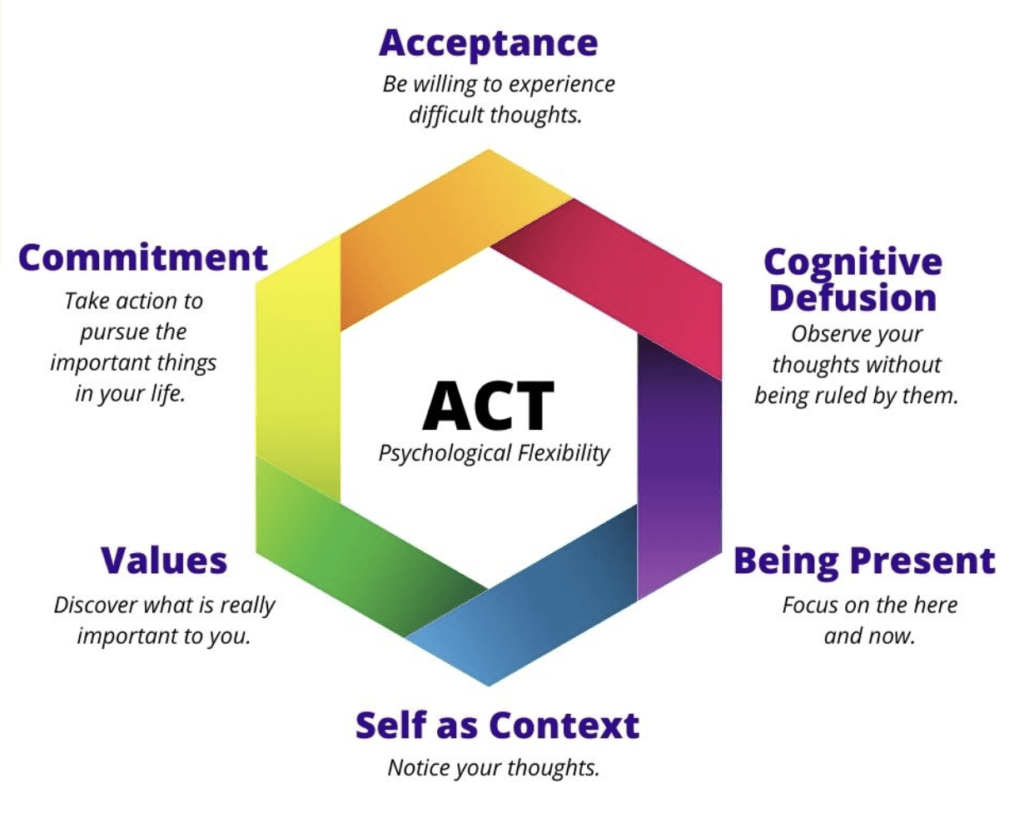Trauma Informed Therapy & Therapists: It Matters.
Trauma informed care isn’t a specific therapy technique, it’s a philosophy, or a way of practice. I’ve noticed the words “trauma informed” being thrown around with increased frequency like “narcissism” and these trends make me nervous. Being trained in trauma informed care (TIC) means that your therapist is aware of the potential for trauma to […]
Trauma Informed Therapy & Therapists: It Matters. Read More »










